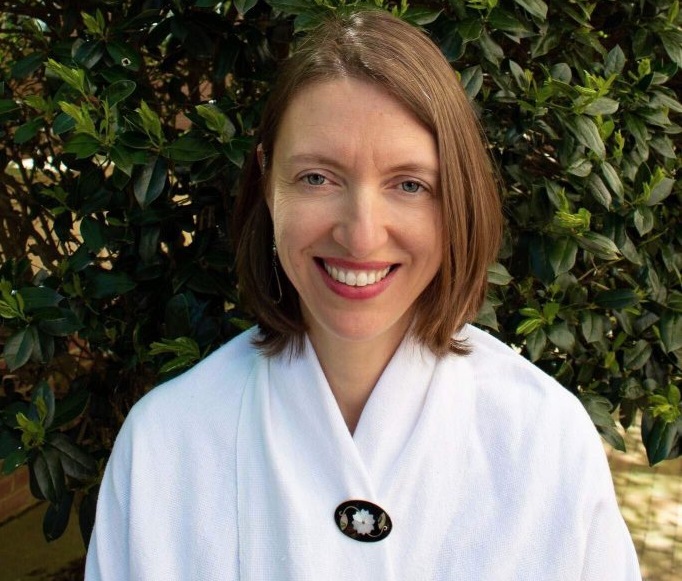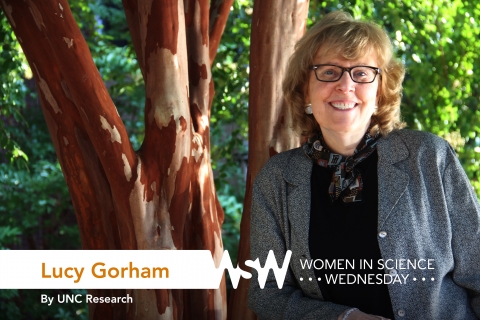Saving is a critical first step on the path to financial security. But many low-income families find it challenging to choose saving for the future over meeting pressing spending needs today.
Results from a study by the University of North Carolina at Chapel Hill of one asset-building program offer insights on how to encourage low-income taxpayers to start saving and keep it up.
The study, released today (May 14) by the UNC Center for Community Capital, looks at $aveNYC, a program in which New York City used tax refunds and matching funds as incentives to save. “The Importance of Tax Time for Building Emergency Savings: Major Findings from $aveNYC” can be downloaded at www.ccc.unc.edu.
“The match is a crucial part of the program,” said Kim Manturuk, the center’s senior research associate in financial services, who led the study team. “Given the importance of encouraging saving, these findings offer insight and support for federal policymakers to implement tax-time savings match programs for low-income taxpayers. Such programs could help lower-income families build wealth in much the same way the mortgage interest deduction and tax-advantaged retirement plans help middle- and upper-income families.”
The New York City Department of Consumer Affairs’ Office of Financial Empowerment created the $aveNYC program to help low-income households build emergency savings and increase their financial stability. The program targeted the tax refund as a way to allow families to build savings without taking money from day-to-day cash flow.
“Our launch five years ago of a federally scalable, realistic ‘on ramp’ to savings has fully rebutted the assumption that those with low incomes couldn’t or wouldn’t save money when given the right opportunity,” said DCA Commissioner Jonathan Mintz. “Coupled with the success we’re seeing with the current multicity replication of the program, SaveUSA, UNC’s findings demonstrate that savings incentives in the tax code can and will improve the financial stability of those with low incomes to help build both short- and long-term economic security.”
With $aveNYC, participants – who had average annual incomes of $17,000 – signed up for while having their taxes prepared at select Volunteer Income Tax Assistance (VITA) sites. They agreed to deposit at least $200, and up to $500, of their tax refund into a $aveNYC account. Those who maintained the initial deposit for one year received a 50 percent match. There was no penalty for withdrawing refund deposits before the end of the year, although those who did were ineligible for matching funds. The program sold out its available accounts, attracting approximately 2,200 New Yorkers in its three years of operation. Participants living in some of New York’s poorest neighborhoods pledged more than $1.4 million in savings.
Researchers at the UNC Center for Community Capital and the UNC School of Social Work studied the results of the program with a grant from the Ford Foundation and found that:
- Eighty percent of participants in 2009 saved for the full year and received the match.
- In 2010, despite an increasingly challenging economic landscape, at least 70 percent saved for the full year and received the match.
- More than 30 percent of participants continued saving in subsequent years.
- Ninety-one percent of those who saved both years said the match heavily influenced their decision to re-enroll.
Based on these results, researchers recommend that policymakers find ways to encourage more programs like $aveNYC and its current replication, SaveUSA, now offered in New York, Newark, San Antonio and Tulsa; eliminate provisions in public benefit programs that prohibit recipients from saving more than $2,000 without losing benefits; and support development of other types of financial products that meet the needs of lower-income households.
UNC researchers and $aveNYC program staff will discuss the program and study findings in a webinar briefing May 14 from noon-1 p.m. (EDT). The webinar is free and open to the public, but registration is required at www.ccc.unc.edu/TaxTime.




